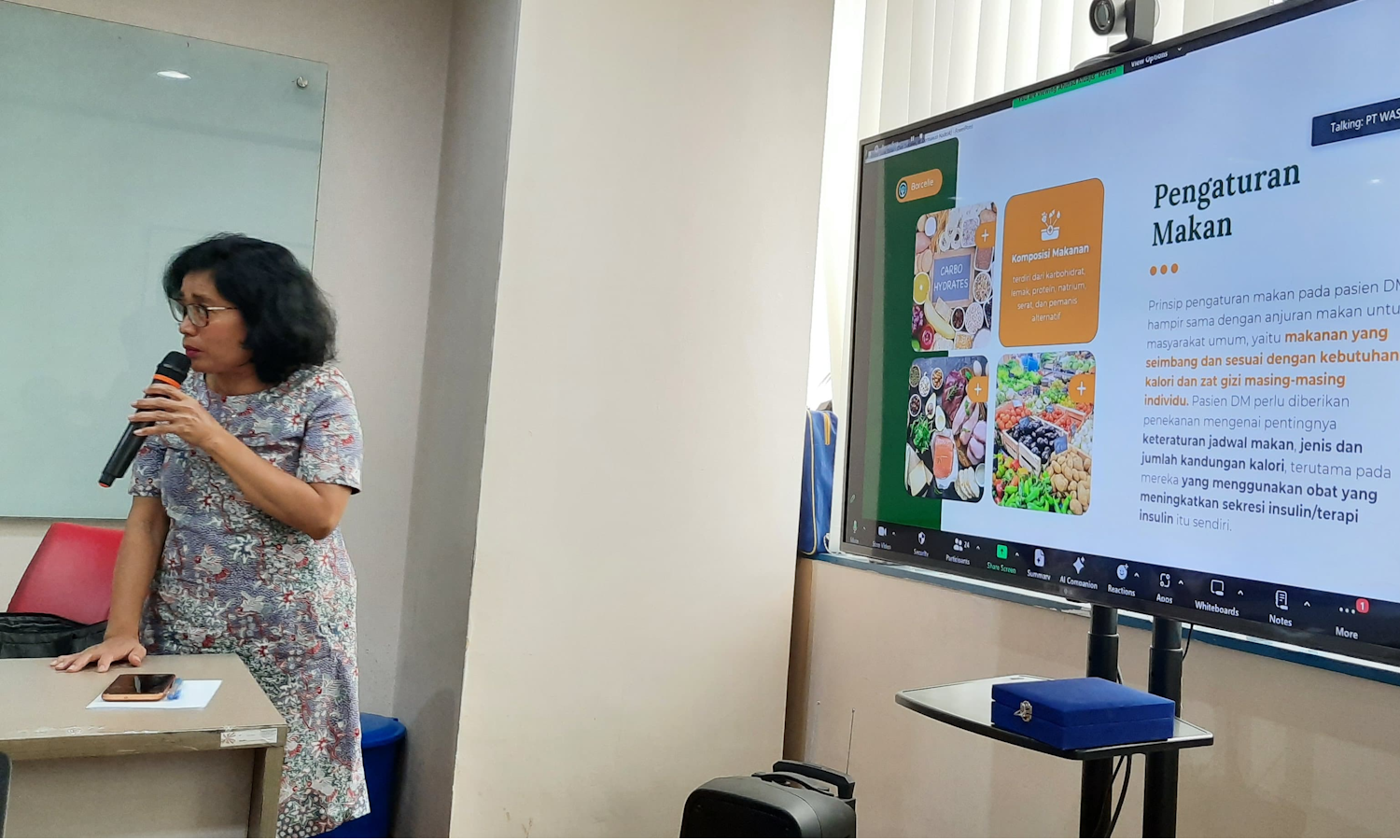JAKARTA, Jan 1 (Reuters) – Indonesia has banned coal exports in January due to concerns that low supplies at domestic power plants could lead to widespread blackouts, a senior official at the energy ministry said on Saturday.
The Southeast Asian country is the world’s biggest exporter of thermal coal, exporting around 400 million tonnes in 2020. Its biggest customers are China, India, Japan and South Korea.
Indonesia has a so-called Domestic Market Obligation (DMO) policy whereby coal miners must supply 25% of annual production to state utility Perusahaan Listrik Negara (PLN) at a maximum price of $70 per tonne, well below current market prices.
Advertisement · Scroll to continue
“Why is everyone banned from exporting? It’s beyond us and it’s temporary. If the ban isn’t enforced, almost 20 power plants with the power of 10,850 megawatts will be out,” Ridwan Jamaludin, director-general of minerals and coal at the energy ministry, said in a statement.
“If strategic actions aren’t taken, there could be a widespread blackout.”
Ridwan said coal supplies to power plants each month were below the DMO, so by the end of the year “there was a coal stockpile deficit,” adding that the ban will be evaluated after Jan. 5.
Advertisement · Scroll to continue
The Indonesian Coal Mining Association (ICMA) called on the energy minister to revoke the export ban, saying in a statement the policy was “taken hastily without being discussed with business players”.
The widespread export ban may disrupt monthly coal production volumes of around 38-40 million tonnes said ICMA chairman Pandu Sjahrir. In recent years, Indonesia has exported about 30 million tonnes of coal in the month of January.
Advertisement · Scroll to continue
The association said it was also concerned about potential disputes with buyers if coal producers declared force majeure for not being able to deliver coal exports.
“Ships sailing to Indonesian waters will also experience conditions of uncertainty and this would affect Indonesia’s reputation and reliability as world’s coal supplier,” Sjahrir said.
HIGHER PRICES
Ahmad Zuhdi Dwi Kusuma, an industry analyst at Bank Mandiri, said the ban would push global coal prices higher in coming weeks as stockpiles decline, adding Indonesia’s customers may turn to Russia, Australia or Mongolia.
“In the midst of this global uncertainty, the market often seeks the safest partners,” he said.
China’s coal imports hit their highest level of 2021 in November, as the world’s biggest consumer of the dirty fuel scrambled to feed its power system as the winter heating season kicked in. But Beijing had also ordered miners to boost production.
Putera Satria Sambijantoro, an economist at brokerage Bahana Sekuritas, said that Indonesia’s economic growth may have resulted in a higher electricity and coal consumption forecasts than earlier projections.
The PLN did not immediately respond to a request for comment.
In August 2021, Indonesia suspended coal exports from 34 coal mining companies it said failed to meet domestic market obligations between January and July last year.
Indonesia is among the top 10 global green house gas emitters and coal makes up around 60% of its energy sources.



